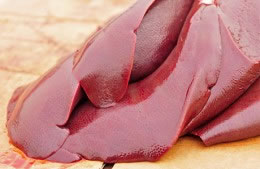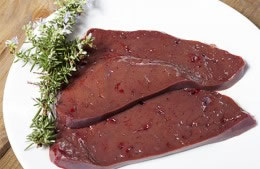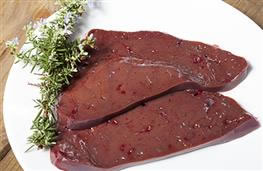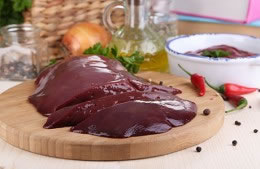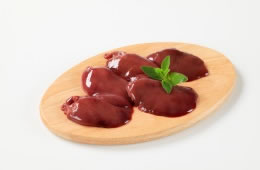Riboflavin (B2)
Health benefits of Riboflavin (B2):
Contributes to your energy creation, blood health, normal vision, cell protection and to reducing tiredness and fatigue
The Worlds Science
See the bottom of this page for the ingredients highest in riboflavin.
What is riboflavin?
Riboflavin is a water-soluble B vitamin, also known as vitamin B2.
Why does it matter to me?
Riboflavin is a water-soluble B vitamin, also known as vitamin B2.
Why does it matter to me?
- Riboflavin is essential for the body to produce enough energy to meet its requirements.
- Riboflavin is also an antioxidant which means it provides protection against potentially damaging chemicals (free radicals) that can cause dangerous modifications within the body. For example, it promotes the creation of uric acid, an antioxidant present in the blood.
- Riboflavin is one of the many nutrients thought to reduce the risk of certain neurological conditions such as Parkinson’s disease, multiple sclerosis and migraine. The mechanism for this protective effect is currently unclear but may be related to riboflavin’s antioxidant effects1.
- Riboflavin also contributes to the formation of healthy red blood cells3.
How riboflavin interacts with other nutrients:
Riboflavin interacts with and enhances the way the body uses other vital vitamins such as niacin (vitamin B3), vitamin B12 and folate, which all contribute to the prevention of many forms of chronic disease4.
What if I don’t get enough?
Riboflavin deficiency may lead to other problems due to its close relationship with other vitamins. For example, studies have shown that the risk of preeclampsia (high blood pressure and damage to the liver and kidneys) is increased by riboflavin deficiency5.
Riboflavin deficiency has been shown to have a negative impact on eye health and can increase the risk of developing age-related cataracts2.
Riboflavin deficiency can lead to anaemia, a condition whose symptoms include tiredness and fatigue3.
How much do I need?
Some experts recommend a higher natural riboflavin intake for adults over the age of 50.
Please note that the concentration of riboflavin present in foods can be reduced by prolonged exposure to sunlight6.
How much do I need?
Some experts recommend a higher natural riboflavin intake for adults over the age of 50.
Please note that the concentration of riboflavin present in foods can be reduced by prolonged exposure to sunlight6.
Review date: 2/9/2022
Next review date: 2/9/2023
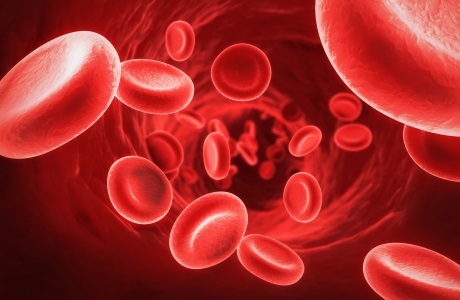
291
445
https://www.checkyourfood.com/content/blob/Micronutrients/top-foods-for-Riboflavin-B2.jpg
Top 6 ingredients for Riboflavin (B2) taking into account portion size and cooking retention factors
Filter ingredients by:

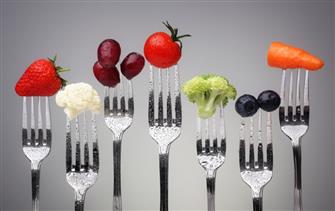 About nutrients
About nutrients
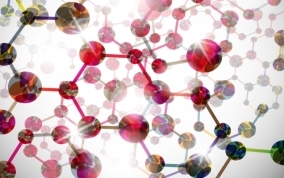 All nutrients
All nutrients
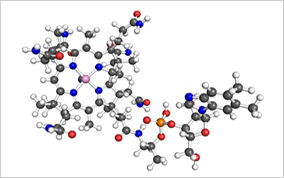 vitamins
vitamins
 minerals
minerals
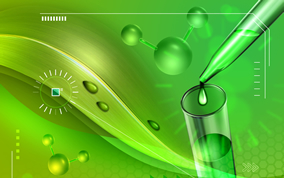 phytochemicals
phytochemicals
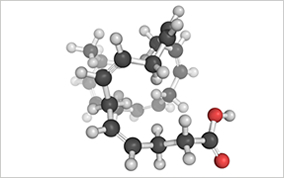 fatty acids
fatty acids
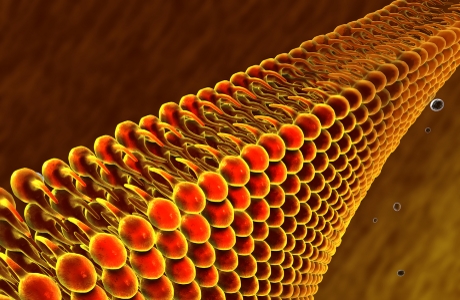 macronutrients
macronutrients
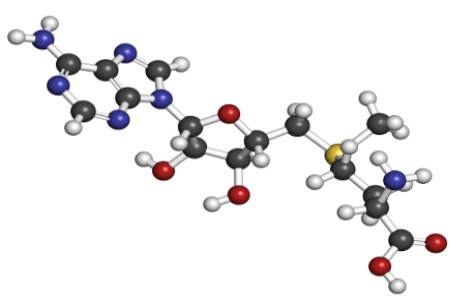 amino acids
amino acids

